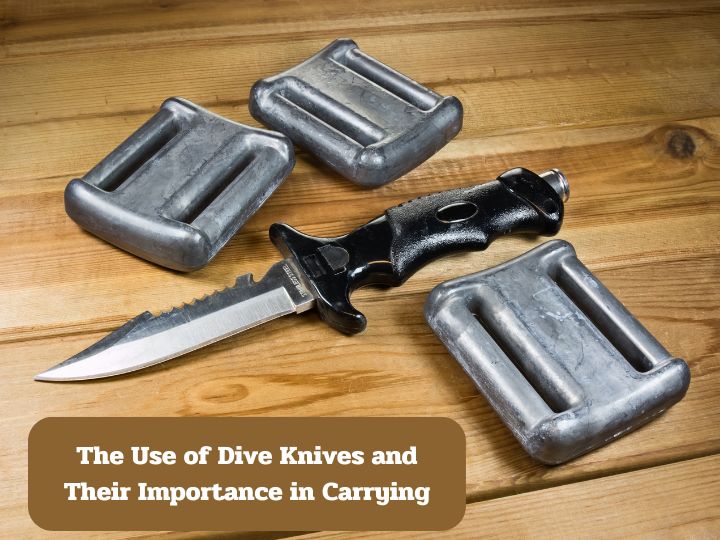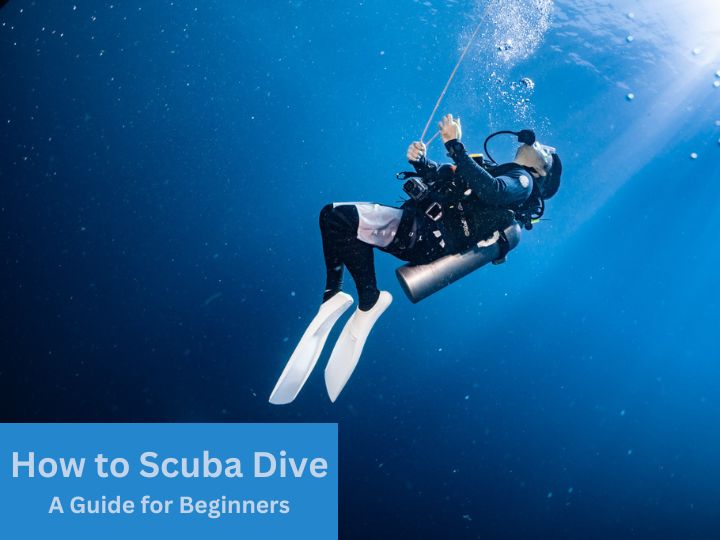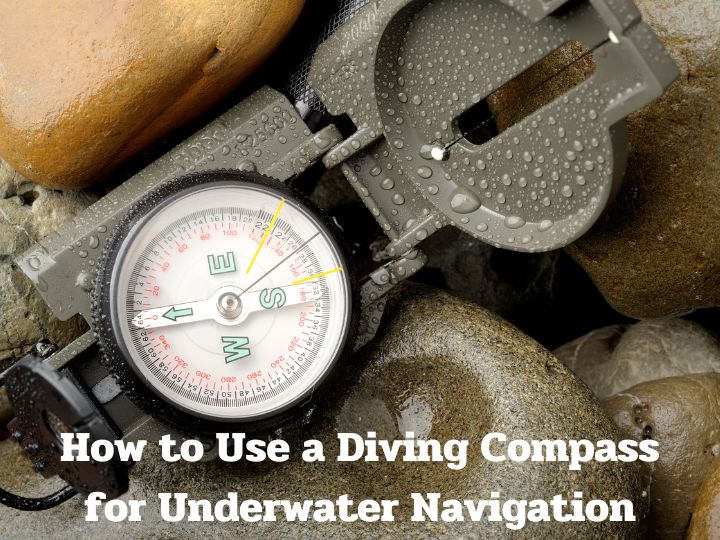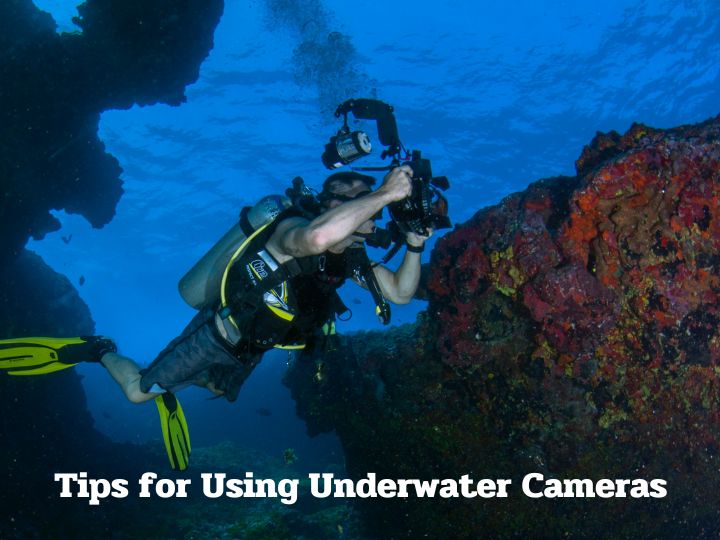
The Use of Dive Knives and Their Importance in Carrying
Diving is a challenging and exciting activity, but it also comes with certain risks. Carrying a dive knife can significantly enhance safety and confidence underwater.

The Importance of Dive Knives
A dive knife is one of the essential pieces of equipment that divers should carry. It can be crucial in emergencies, such as cutting entangled ropes, clearing blocked paths, or freeing oneself from marine life that might get involved.
Types of Dive Knives
There are several types of dive knives depending on their intended use. Generally, dive knives are classified into two main types: sharp-pointed knives and blunt-tip knives, each with its own advantages and disadvantages.
How to Choose a Dive Knife
When choosing a dive knife, consider the material it is made of, such as stainless steel or titanium. Select a knife that is corrosion-resistant and designed for underwater use.
Carrying Positions for Dive Knives
The carrying position of a dive knife is crucial. Choose a position where the knife is easily accessible and does not obstruct while diving, such as attaching it to the wrist, ankle, or dive suit.
Maintenance of Dive Knives
After using a dive knife, it is important to clean and store it properly to prevent corrosion and damage. Rinse the knife with fresh water after each use and apply anti-rust oil regularly.

Using Dive Knives to Cut Ropes
Entangled ropes or diving equipment can be dangerous. Using a dive knife to cut ropes should be done carefully by choosing a sharp-pointed knife for easy and quick cutting.
How to Cut Ropes Underwater
When cutting ropes underwater, find a convenient position without tension on the rope, then cut by pressing the knife firmly, avoiding excessive force to prevent injury.
Using Dive Knives to Clear Paths
In some situations, it might be necessary to clear paths underwater, such as passing through coral branches. Using a dive knife to clear paths should be done carefully, always considering safety.
Techniques for Clearing Paths Underwater
Use a sharp and sturdy knife to clear paths and consider the route in advance to ensure safety, preventing any danger.
Using Dive Knives in Emergencies
Dive knives can be crucial in emergencies, such as being entangled in nets or being involved with marine animals. Practice using a dive knife to become proficient and ensure safety.

Precautions When Using Dive Knives
Using a dive knife comes with risks, such as injury from improper use. Practice using dive knives and understand their use in different situations to prevent accidents.
Preventing Injuries
Use a dive knife carefully, avoiding using it in high-risk environments like narrow spaces or darkness.
Proper Maintenance of Dive Knives
After using a dive knife, clean and store it in a dry place to prevent rust and damage. Avoid storing the knife in a humid environment and regularly check its condition.
Storing Dive Knives
Store the knife in a sheath with impact protection and avoid high-temperature storage to maintain its sharpness and durability.

Practicing Dive Knife Usage
Practicing dive knife usage is important. Regular practice ensures proficiency in use and prepares you for handling various underwater situations.
Practice Techniques
Practice using the knife in safe simulated scenarios, such as cutting ropes in shallow water or freeing oneself from entangled ropes.
Using Dive Knives in Exploration
During underwater exploration, dive knives can be used for sample collection or clearing blocked paths. Plan the use of dive knives carefully before exploration.

Choosing a Dive Knife
When choosing a dive knife, consider the quality and material used. Choose a durable knife that can be used in various environments, such as the sea or freshwater.
Inspecting Dive Knife Quality
Before purchasing a dive knife, check the blade's sharpness, handle attachment, and design suitable for underwater use.
Using Dive Knives in Various Activities
Dive knives can be used in various activities, such as deep diving, dive travel, or exploration. Practice using the knife in different activities to gain familiarity and proficiency.
Applying Dive Knives
Dive knives can be applied to solving various underwater problems, such as repairing dive equipment, clearing paths, or collecting underwater samples.












































